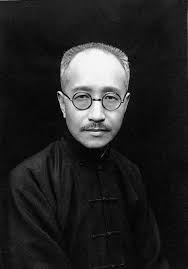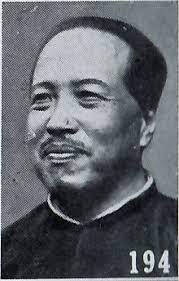Chang Hsün 張勳 T. Shao-hsuan 少軒 H. Sung-shou 松壽 Chang Hsün (14 December 1854-September 1923), military leader, is best known for his unsuccessful attempt to restore the Manchu dynasty in 1917. The family into which Chang Hsün was born had lived for generations in a small village near the district-city of Fenghsin, west of Nanchang […]












